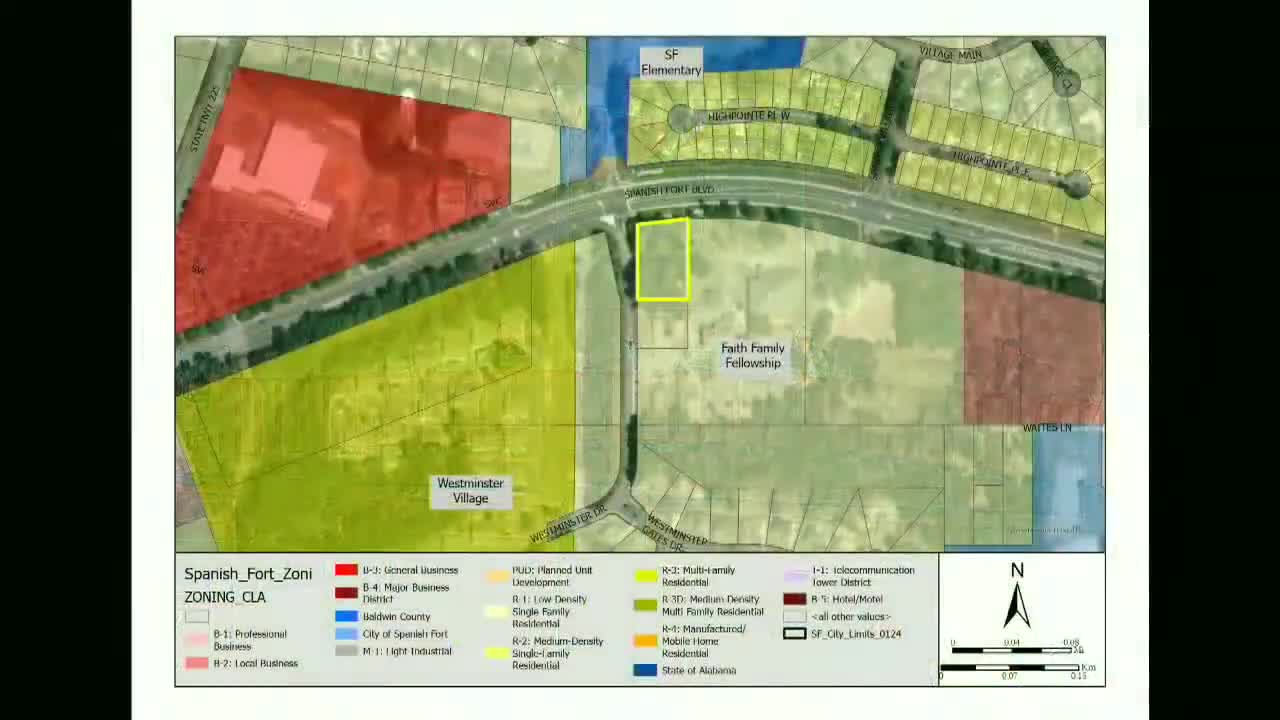Article not found
This article is no longer available. But don't worry—we've gathered other articles that discuss the same topic.
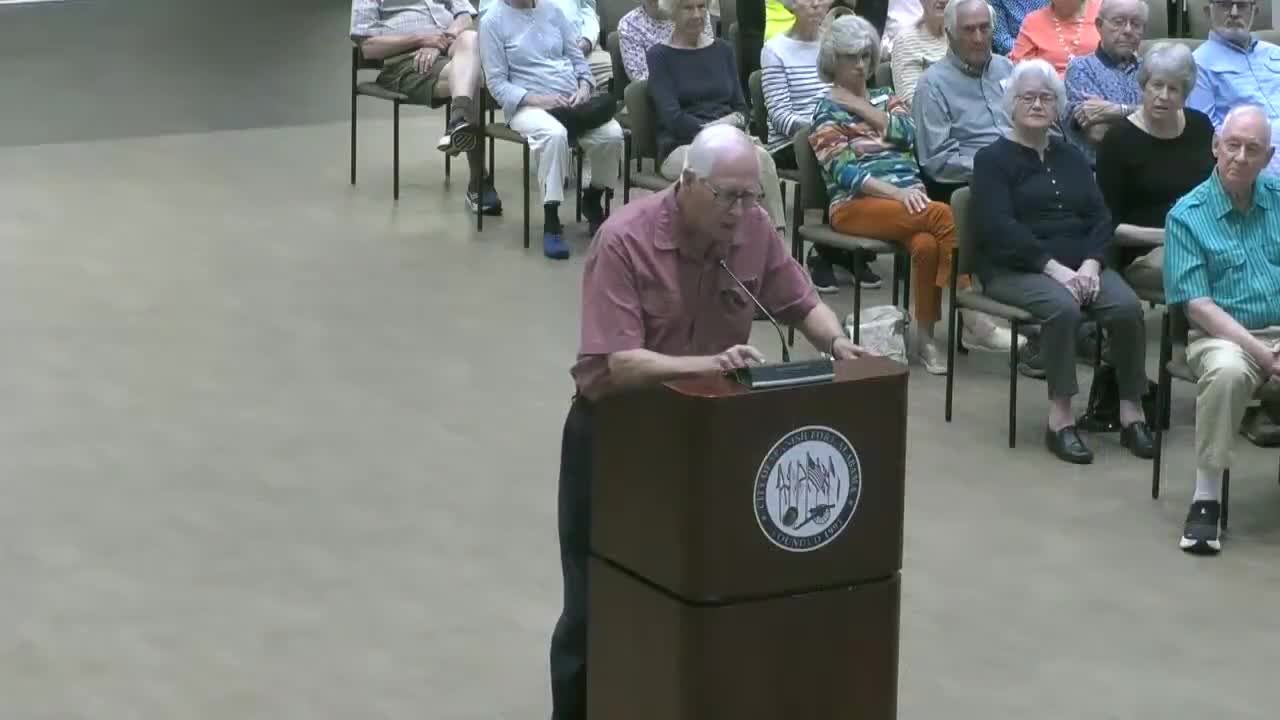
Resident urges Spanish Fort to reevaluate roadside mowing policy on Blakely Way
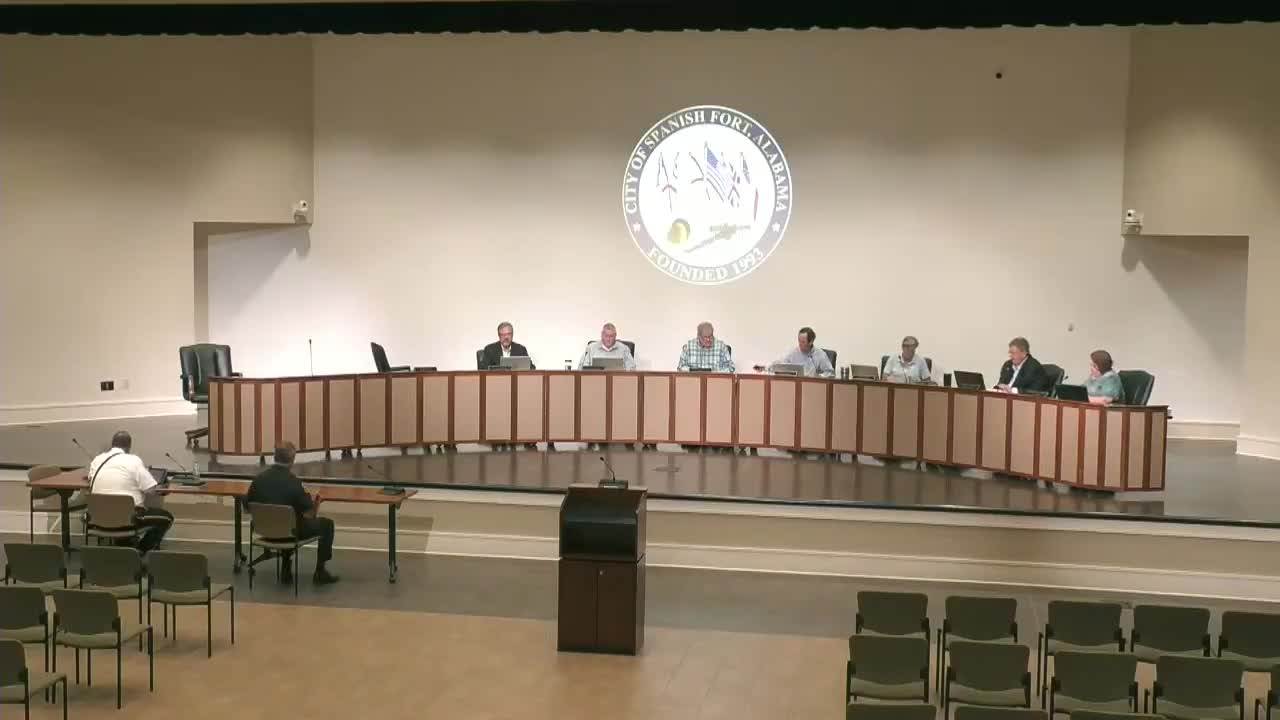
Council approves restaurant retail liquor license for Happy Sushi at 101 Marcella Avenue
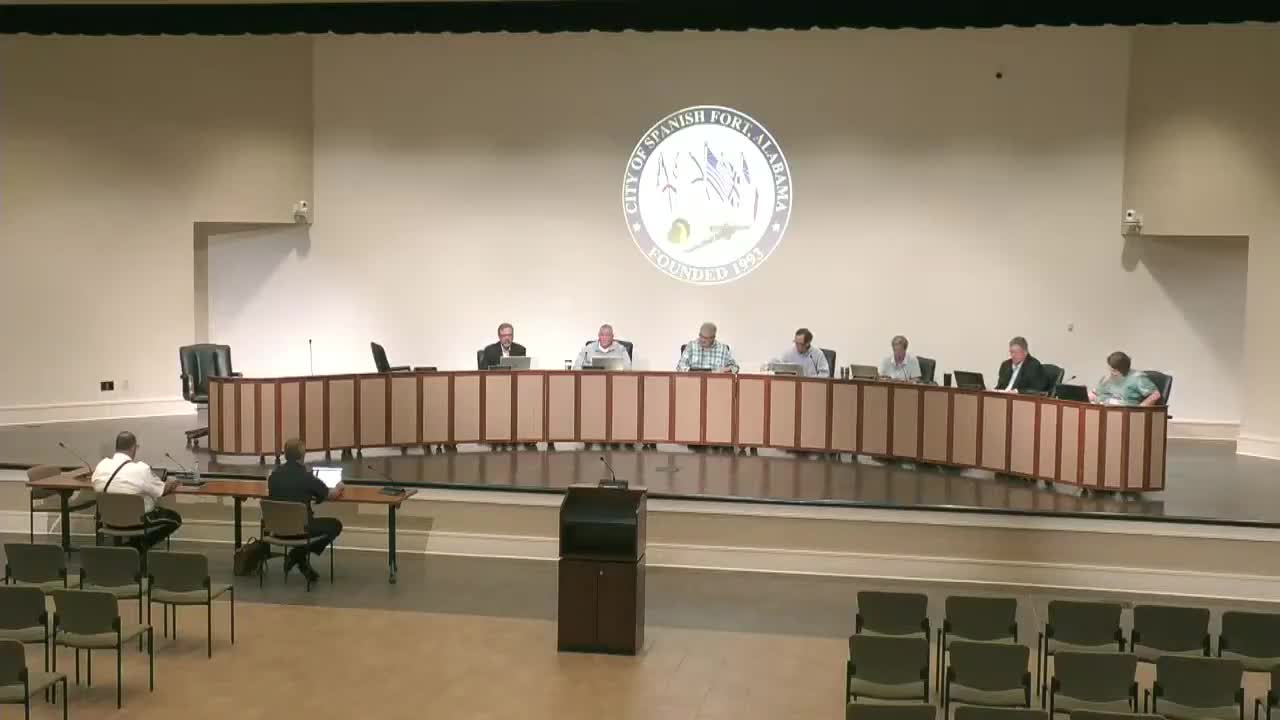
Spanish Fort narrows zoning reversion clause to apply only to higher‑density and higher‑use districts
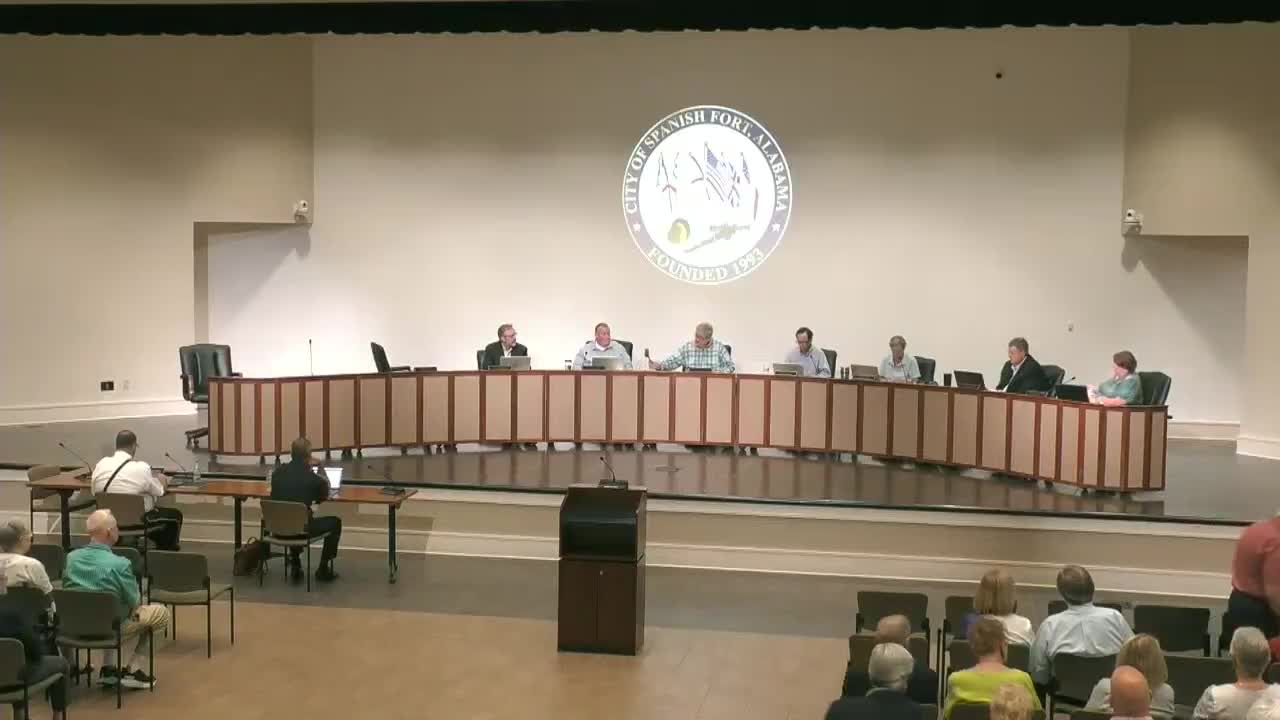
Spanish Fort approves temporary laydown yards for I‑10 Mobile River / Bayway construction with restoration and bonding requirements
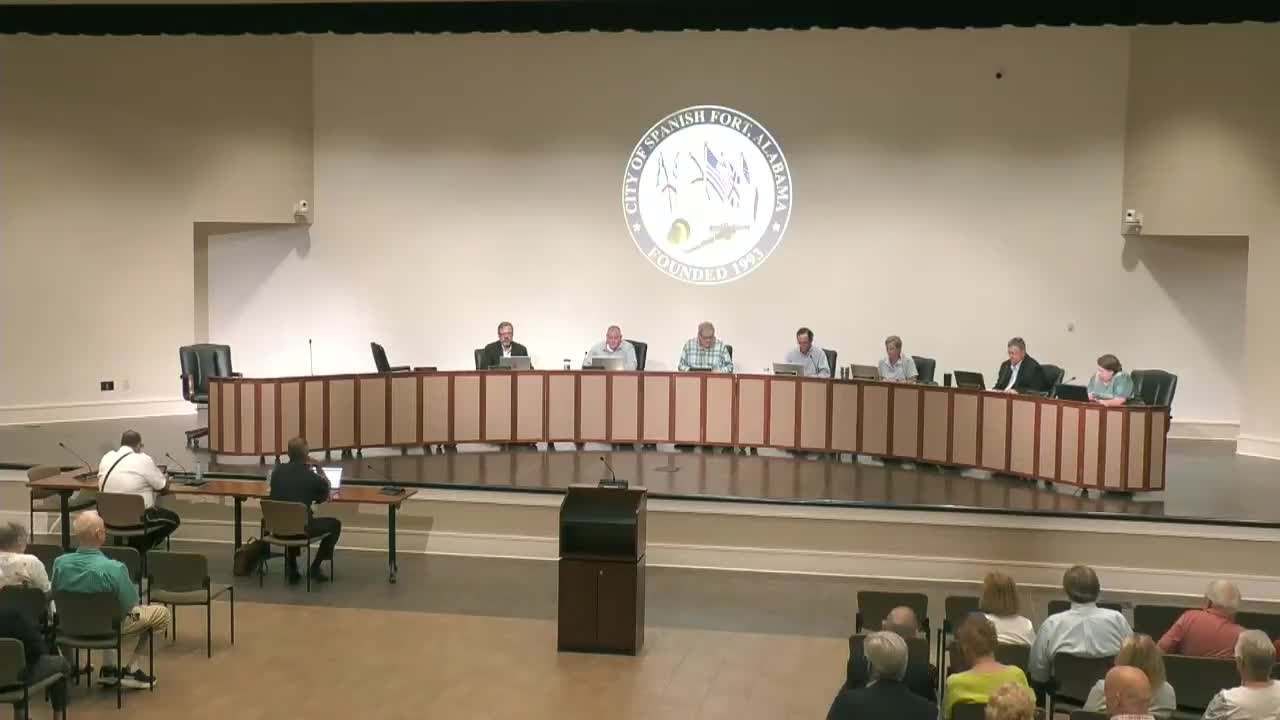
Spanish Fort allows electric‑vehicle charging stations in commercial districts and at homes
